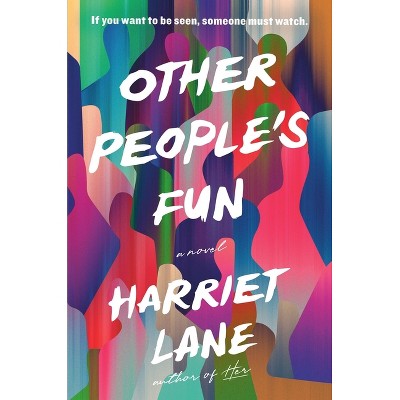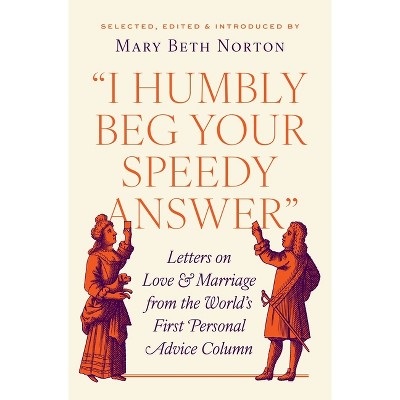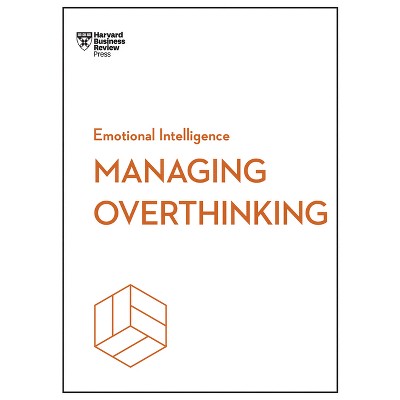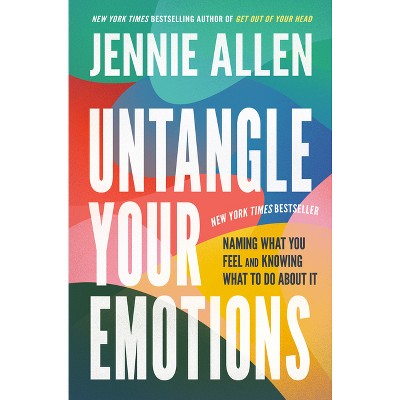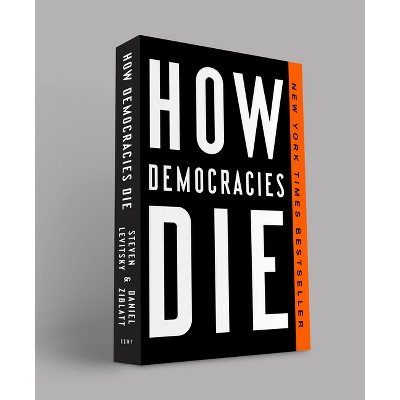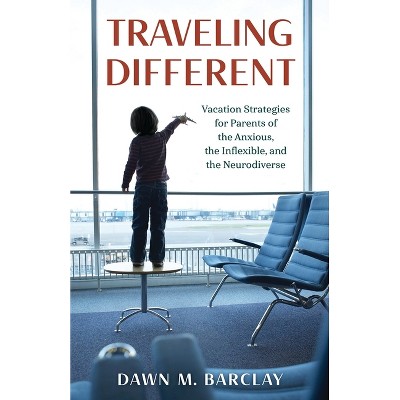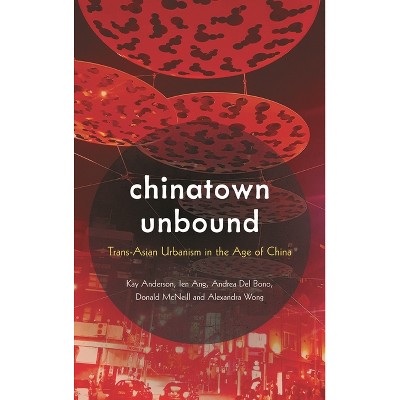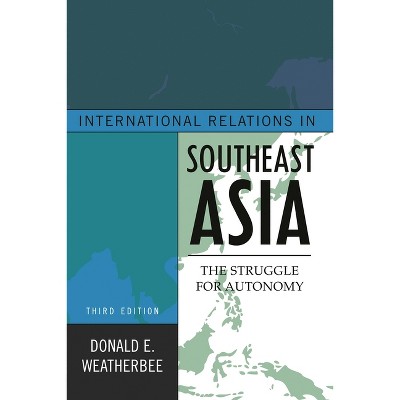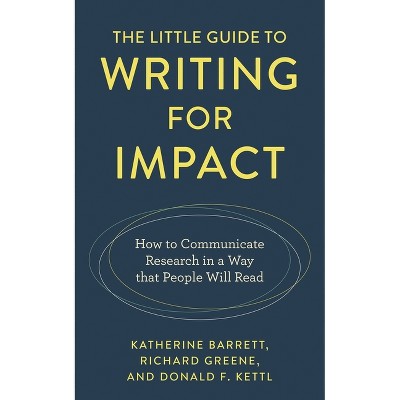Sponsored

Disinformation - by Donald A Barclay (Paperback)
In Stock
Sponsored
About this item
Highlights
- By comparing current abuses of the truth with abuses from the past, this book will help you better understand how we got to where we now are, see how we can move beyond the post-truth era, and develop highly practical skills for separating truth from lies.
- About the Author: Donald Barclay is the Deputy University Librarian at the University of California, Merced.
- 302 Pages
- Social Science, Media Studies
Description
About the Book
By comparing current abuses of the truth with abuses from the past, this book will help you better understand how we got to where we now are, see how we can move beyond the post-truth era, and develop highly practical skills for separating truth from lies.Book Synopsis
By comparing current abuses of the truth with abuses from the past, this book will help you better understand how we got to where we now are, see how we can move beyond the post-truth era, and develop highly practical skills for separating truth from lies.
Review Quotes
Barclay approaches the post-truth landscape by looking deeply across the humanities, technology, and popular culture. He offers a clear-eyed, practical perspective to clearing out the confusion about the epistemic crisis we face today. This book is a refreshing and optimistic antidote to the surfeit of superficiality and fear-mongering that is capitalizing our public fascination with the disinformation industry.
Barclay's latest book defines and examines post-truth culture with an unwavering eye,
addressing the dangers of these unprecedented times while simultaneously holding out
hope. It is both an effective textbook on the topic of disinformation and an engaging and
thought-provoking look at the world we have created and is a most relevant addition to
any public or academic library.
Donald Barclay beautifully adds a strong voice to the much-needed discourse on disinformation and living in a post-truth era. By combining solid, academic research with a clear and concise writing style, Barclay delivers a great, accessible book that is an absolute must-read for everyone.
In this age of rampant disinformation, it is becoming increasingly important to be able to discern fact from fiction, truth from deception. But what is truth? Philosophers have been debating that for centuries. In order to address the contemporary issues modern society is facing, Barclay pulls out the tools of philosophy and epistemology to analyze and understand the use of disinformation for political, social, and economic purposes.
In this bold philosophical examination, Barclay looks at how humans and technology combine when it comes to presenting facts and lies in a post-truth culture. The expression post-truth was widely used during the 2016 presidential election, and that contest serves as case-study material later in the book. Barclay sets out to demonstrate how history, technology, the economy, and the human psyche influence the post-truth culture. The first several chapters explore the philosophical nature of truth, methodologies for examining arguments for truth, and the histories of technology and propaganda. Subsequent chapters examine the economics of information in cyberspace and the allure of conspiracy theories. A concluding chapter establishes that humans control popular culture and thus control influences on truth. Barclay's is an unbiased and thorough treatment of this important and expanding conversation. Recommended. Upper-division undergraduates through faculty and professionals.
About the Author
Donald Barclay is the Deputy University Librarian at the University of California, Merced. He has authored numerous articles and books over the course of his career on topics ranging from the literature of the American West, to children's literature, to library and information science. His most recent book, Fake News, Propaganda, and Plain Old Lies: How to Find Trustworthy Information in the Digital Age, was published by Rowman & Littlefield in 2018. He currently live in Merced, California.